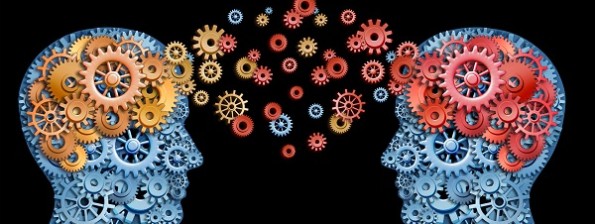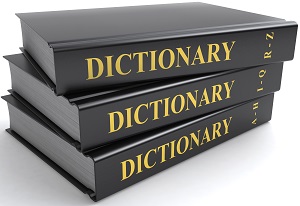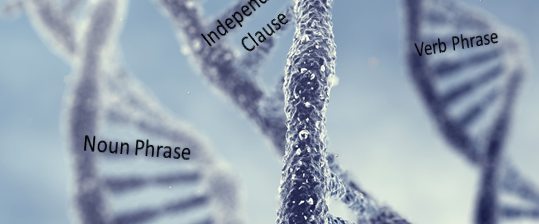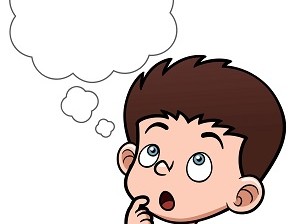Author Archives: Joe Roushar
About Joe Roushar
Former spy, current enterprise systems architect and entrpreneur, camper, canoeist, musician, grandparent, inventor.About Joe Roushar
Former spy, current enterprise systems architect and entrpreneur, camper, canoeist, musician, grandparent, inventor.About Joe Roushar
Former spy, current enterprise systems architect and entrpreneur, camper, canoeist, musician, grandparent, inventor.About Joe Roushar
Former spy, current enterprise systems architect and entrpreneur, camper, canoeist, musician, grandparent, inventor.About Joe Roushar
Former spy, current enterprise systems architect and entrpreneur, camper, canoeist, musician, grandparent, inventor.About Joe Roushar
Former spy, current enterprise systems architect and entrpreneur, camper, canoeist, musician, grandparent, inventor.About Joe Roushar
Former spy, current enterprise systems architect and entrpreneur, camper, canoeist, musician, grandparent, inventor.About Joe Roushar
Former spy, current enterprise systems architect and entrpreneur, camper, canoeist, musician, grandparent, inventor.About Joe Roushar
Former spy, current enterprise systems architect and entrpreneur, camper, canoeist, musician, grandparent, inventor.About Joe Roushar
Former spy, current enterprise systems architect and entrpreneur, camper, canoeist, musician, grandparent, inventor.22 Apr Breaking Down Language Structure and Function

Grammar Acquisition Some experts suggest that a correctly formulated adult grammar is acquired by children on the basis of sentences they hear in their first few years (Pinker, 1984, p. 5). The proponents of this theory assume that a young child perceives sentence structure or is able to detect elements of grammatical structure – a […]
18 Apr Irrational Language Rules

Language and Utterances Now let’s narrow the focus from communication to language. To avoid confusion, let it be clear from the outset that this discussion is not concerned with computer-programming languages, but “natural languages.” Computer languages have built-in or “prescriptive” regularity called a formal syntax. They are easy to describe, and they are obedient to […]
17 Apr Learning by Repetition

Frequency and Exposure For the very young, language learning requires mental gymnastics. Most theories of language learning refer to the fact that the frequency of repetition of a word or structure pattern determines the strength of its acquisition. In this context, there may be some threshold of frequency which, once reached, will result in the […]
16 Apr From Concept to Communication

Yorrick’s First Concepts A conceptually structured model of learning might suggest that Yorrick, or any other human, first acquires concepts, and later, a vehicle for communicating concepts: language. During Yorrick’s early development, his concepts are linked entirely to physical sensations and perceptions: hunger, soreness, the sucking instinct, and the like. One of the first discoveries […]
15 Apr The Myth of Inexpressibility

I have often heard how the the variety of Eskimo words for snow is more linguistically rich than any other language. I learned many words in Japanese for different types rain. I agree that the richness, and the simplicity, and elegance of describing different snow types with different words is remarkable. But I don’t think […]
14 Apr Translation: Inverted Communication

Lately I’ve been concentrating on modeling communicative skills. Whether speaking, signing, gesturing or writing, we begin with intent and wrap symbols around the intent or message to encode it. Translating and encrypting start with a fully encoded message, and unwrap it, before rewrapping it in a different form that is intended to preserve the original intent. Translation is an application […]








